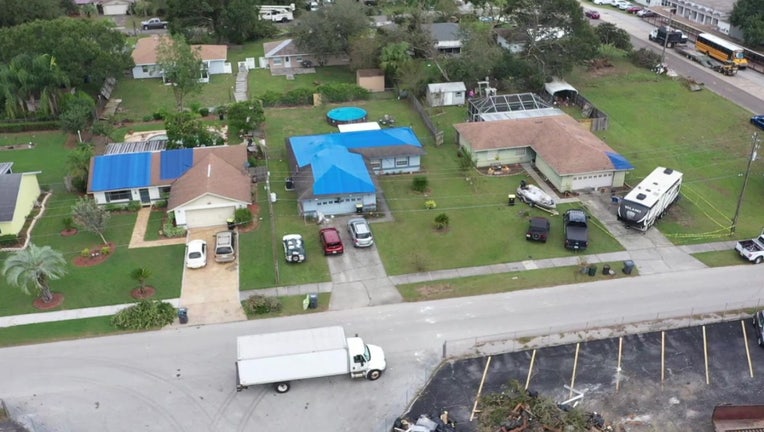Rating agency says action on property insurance in Florida 'essential'

TALLAHASSEE, Fla. - The financial-rating agency AM Best said Monday that further "action is essential" to stabilize Florida’s property-insurance market, as lawmakers prepare to grapple with the issue during a special legislative session this month.
The agency issued a four-page commentary that described a stew of problems for insurers, such as high reinsurance and litigation costs, and pointed to companies seeking hefty rate increases and reducing the numbers of policies they write.
"Insurance industry leaders in Florida have been warning that the current environment for those offering personal property coverage is on shaky ground, given the state’s risks and litigiousness," the commentary said. "Escalating losses have prompted advocacy groups to call for legislative reform to stabilize the insurance market. Growing support led to legislation introduced in 2019 and again in 2021 aimed at lowering the runaway costs of litigation, a key driver of operating losses, but reform has not achieved the desired effect. Further action is essential to stabilize the market."
The document came three weeks before the scheduled May 23 start of the special legislative session, which Gov. Ron DeSantis called after the House and Senate could not reach agreement during this year’s regular session on an insurance bill.
It also came after three property insurers — Lighthouse Property Insurance Corp., Avatar Property & Casualty Insurance Co. and St. Johns Insurance Co. — have been declared insolvent since February.
Meanwhile, in an April 25 filing at the federal Securities and Exchange Commission, FedNat Holding Co., which has three property-insurance subsidiaries that do business in Florida, cited "substantial doubt with respect to its ability to continue as a going concern."
FedNat said it had agreed to file a plan with the Florida Office of Insurance Regulation to demonstrate its "ability to secure and maintain a financial strength rating acceptable to the secondary mortgage market, acquire sufficient reinsurance as of its July 1, 2022 renewal, support its existing business via the securing of additional capital and address its non-Florida losses and policies."
Alexis Bakofsky, chief of staff at the Office of Insurance Regulation, said in an email Monday that FedNat had filed the plan, which was not subject to release because it had been marked as a trade secret under state law.
"OIR is working closely with FedNat to protect policyholders," Bakofsky said in the email.
It remains unclear what steps lawmakers will take during the special session, as many homeowners across the state get hit with rate increases or lose coverage.
The AM Best commentary was titled, "Troubled Florida Property Market Participants Under Immense Pressure." It said hurricanes have not been the "primary culprit" in the insurance problems but cited other issues, such as reinsurance and litigation costs and large numbers of roof-damage claims.
"Insurers have responded with rate increases, underwriting adjustments, and targeted non-renewals while avoiding more problematic areas of the state," the document said. "Despite these initiatives, rate adequacy continues to challenge some carriers as they request rate increases, compounding rate actions taken in previous periods."
Reinsurance, which is essentially backup coverage that insurers purchase, plays a critical role in the Florida market. Increasing reinsurance costs and concerns about availability are raising concerns in the industry, as reinsurance coverage comes up for renewal.
"Florida property insurers may find full placement of their catastrophe reinsurance programs ahead of the upcoming renewal season a challenge," Chris Draghi, an associate director at AM Best, said in a prepared statement.
Insurers also have blamed questionable, if not fraudulent, roof-damage claims for causing losses. That also has resulted in insurers declining to provide coverage for homes with old roofs.
During a pre-hurricane season briefing with reporters Monday, Charles Nyce, an associate professor of risk management and insurance at Florida State University, said insurers do not want to sell insurance on homes with roofs that are more than 10 years old.
"I don’t want to sound alarm bells too much, but I don’t think you can look at the current state of the private-insurance market in the state of Florida and say that it is good," Nyce said. "It is a very fragile market that we have, extremely fragile."
— News Service Assignment Manager Tom Urban contributed to this report.

